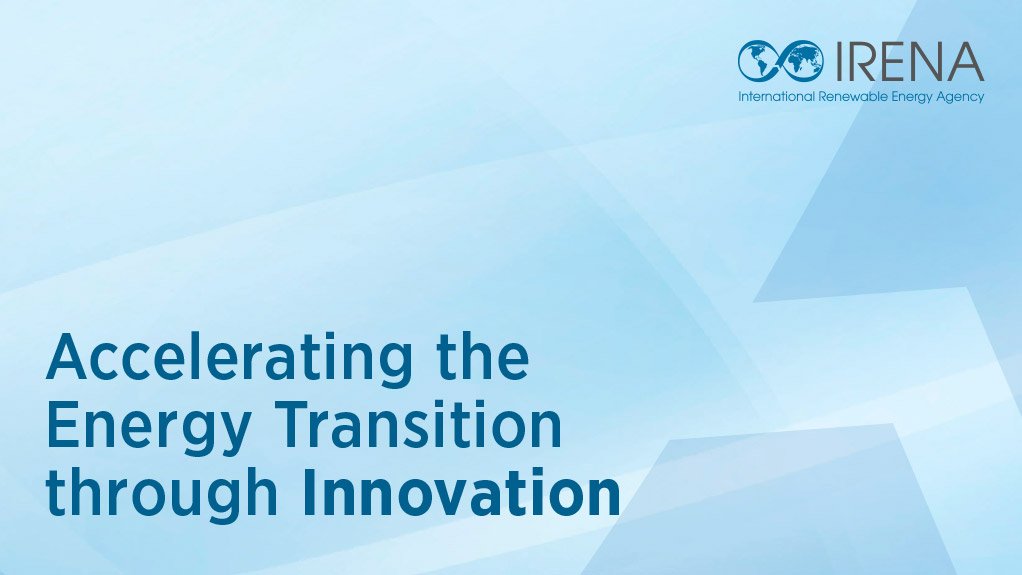- Accelerating the Energy Transition through Innovation9.05 MB
Technological breakthroughs are needed to reduce carbon emissions in the energy sector. Even with economically viable and scalable renewable-based solutions available for around two-thirds of the world’s energy supply, population growth and rising energy demand could outpace energy decarbonisation without urgent investments in research and development (R&D).
This working paper from the International Renewable Energy Agency (IRENA) examines the basic conditions required to nurture innovation and produce new technologies for a low-carbon future.
Broadly, the paper advises governments around the world to:
- Nurture Innovation: This means putting proper policy incentives in place, based on a long-term perspective.
- Pursue power-system integration: As continuing innovation and economies of scale work to reduce renewable power costs, the next step is to integrate variable renewable energy (VRE) sources, meaning solar and wind, into existing power grids.
- Decarbonise end-use sectors: Electrification of transport, buildings and other end uses offers the chance to reduce emissions while integrating high VRE shares.
- Expand innovation beyond R&D: Technological advances have to go hand in hand with innovative policy frameworks, new business models, suitable financing mechanisms and a range of social measures to promote renewables and energy efficiency
Successful innovation should encompass the complete technology lifecycle. The policy framework for innovation, similarly, must provide balanced support, addressing both technologies themselves and factors beyond technology, including system operations, market design and regulations, and the enabling infrastructure to scale up renewables.
Report by Irena
EMAIL THIS ARTICLE SAVE THIS ARTICLE ARTICLE ENQUIRY
To subscribe email subscriptions@creamermedia.co.za or click here
To advertise email advertising@creamermedia.co.za or click here











